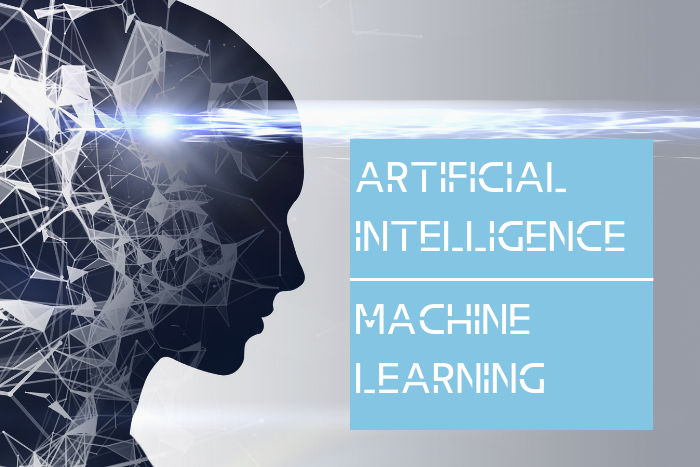In the constantly evolving digital era, companies must continually adapt and innovate to remain competitive. Among the myriad challenges and opportunities presented by the technological landscape, two fundamental skills emerge as crucial sources of competitive advantage: Artificial Intelligence and Machine Learning. Let's see how these skills are already shaping the future of businesses.
Index:
The IBM Study
In late November 2023 IBM published the report "Leadership in the Age of AI“, based on a survey involving over 1,600 senior leaders and C-level executives in various European countries, including Italy. The aim was to explore and analyze how leadership is changing within companies, thanks to the adoption of generative AI as a catalyst for digital transformation.
According to the report, there has been a significant growth in the adoption of generative AI throughout 2023, consequently stimulating action from forward-thinking leaders intent on driving the ongoing transformation. 2024 will likely be a year of great change where a considerable number of companies will follow this trend, driven also by a growing sense of responsibility among executives in making the most effective decisions. Surprisingly, Europe, which hosts seven of the world's top ten most innovative countries, plays a leading role.
Artificial Intelligence
Artificial Intelligence (AI) and Machine Learning (ML) represent the core of modern technological innovation. The European study conducted by IBM highlighted that 96% of Italian respondents, in line with those from other involved countries, stated they have adopted, or will adopt, generative AI and are actively engaged in creating new ethical frameworks and governance within their organization. Artificial Intelligence is a field of computer science that deals with creating systems and programs capable of emulating some human cognitive abilities, such as reasoning, problem-solving, language recognition, and decision-making. It can be generative, predictive, deductive, but in any case, it creates something new based on what it has learned through training.
Machine Learning
Machine Learning is a sub-discipline of Artificial Intelligence that focuses on developing algorithms and computer models that allow computers to learn from data and improve their performance over time without being explicitly programmed for each individual task. In summary, Artificial Intelligence concerns the creation of systems that mimic human intelligence, while Machine Learning is a specific technique within AI that focuses on automatic learning from data and adapting computer behavior based on such data. Thanks to these tools, companies can analyze complex data, obtain predictive insights, and automate processes more efficiently and effectively. By 2024, widespread adoption of AI and ML has become a necessity to remain competitive in multiple sectors.
Companies investing in AI and ML can improve the accuracy of forecasts, optimize product and service customization, automate decision-making processes, and increase operational efficiency. From decision support systems to intelligent chatbots, AI and ML are radically transforming the way companies operate and interact with customers and stakeholders.
Therefore, possessing specific and advanced skills in using AI and ML constitutes a competitive advantage for both talents and companies themselves. These technologies represent an increasingly relevant strategic investment, enabling companies to proactively position themselves to address future challenges and leverage emerging opportunities in the ever-changing business landscape.

